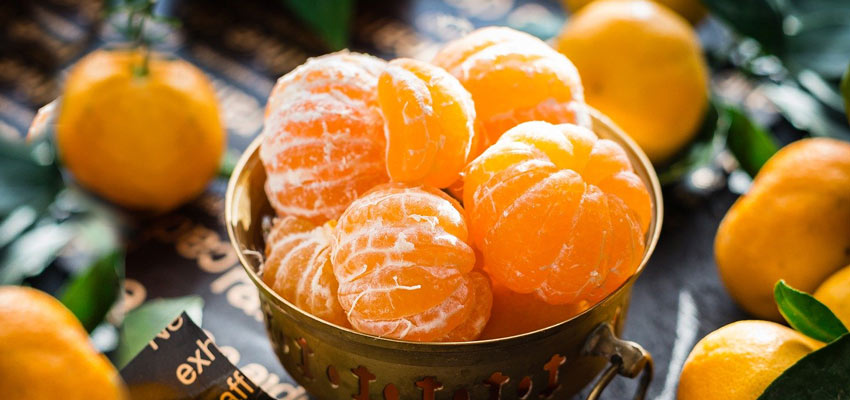Import controls at the EU's external borders will be tightened for example for mandarins, peppers, spices and much more. The relevant EU regulation and its annexes have been updated.
|
Food |
KN Code |
Country of origin |
Reasons |
Control frequency |
|
Mandarins (including tangerines and satsumas); clementines, wilkings and similar citrus hybrids |
0805 21; 0805 22; 0805 29 |
Turkey |
Pesticide residues(1) |
5% |
|
Sweet peppers of Capsicum species (excluding sweet peppers) |
ex 0709 60 99; ex 0710 80 59 |
Pakistan |
Pesticide residues(1) |
20% |
|
Beans |
0708 20 |
Kenia |
Pesticide residues (1) |
10% |
|
Pomegranate |
ex 0810 90 75 |
Turkey |
Pesticide residues (1,4) |
10% |
|
Spice mixtures |
0910 91 10; 0910 91 90 |
Pakistan |
Aflatoxine |
50% |
|
Curry leaves (Bergera/Murraya koenigii) |
ex 1211 90 86 |
India |
Pesticide residues (1,2) |
50% |
|
Sesame seed |
1207 40 90 |
Ethiopia |
Salmonella(3) |
50% |
|
Dried apricots, or otherwise prepared or preserved |
0806 20 |
Türkei |
Ochratoxin A |
10% |
- Residues of at least those pesticides that are present in the food chain as defined in Article 29(2) of Regulation (EC) No 396/2005 of the European Parliament and of the Council of 23 February 2005 on maximum residue levels of pesticides in or on food and feed of plant and animal origin and amending Council Directive 91/414/EEC (OJ 2005 L 396, p. 1). (OJ L 70, 16.3.2005, p. 1) and can be analysed by multi-residue methods based on GC-MS and LC-MS (pesticides to be monitored only in/on products of plant origin).
- Residues of acephate.
- Sampling and analysis shall be carried out in accordance with the sampling and reference analysis methods set out in point 1(a) of Annex III to the Regulation.
- Residues of prochloraz.
The following have been deleted from Annex 1 in the new version of the Regulation
|
Lemons |
|
Turkey |
Pesticide residues |
|
|
Raspberries |
|
Serbia |
Norovirus |
|
|
Dried apricots, or otherwise prepared or preserved |
|
Turkey |
Sulfite |
|
For full information please consult
Autor: Dr. Frank Mörsberger

 Contact
Contact

 Contact
Contact Career
Career